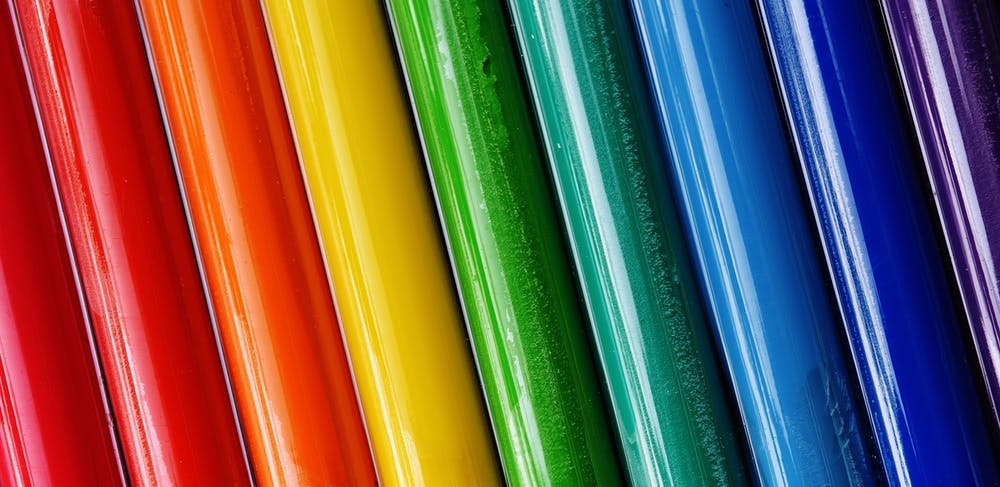
A group of researchers at Chalmers University of Technology, Sweden, have devised a new system that makes circular use of plastics possible.
The team experimented with chemical recovery via steam cracking of plastic and presented a cost-effective process of turning used plastic back into plastic of its original quality. The process could be integrated into existing petrochemical plants.
Henrik Thunman, Professor of Energy Technology and co-first author of the research, said: “We should not forget that plastic is a fantastic material – it gives us products that we could otherwise only dream of. The problem is that it is manufactured at such low cost, that it has been cheaper to produce new plastics from oil and fossil gas than from reusing plastic waste.”
The team demonstrated the process at a scale where they were able to turn 200 kg of plastic waste an hour into a useful gas mixture that can be used to make new plastics.
“Through finding the right temperature – which is around 850 degrees Celsius – and the right heating rate and residence time, we have been able to demonstrate the proposed method at a scale where we turn 200 kg of plastic waste an hour into a useful gas mixture. That can then be recycled at the molecular level to become new plastic materials of virgin quality,” said Henrik Thunman.
As plastic does not degrade, it is a suitable material for circular usage. However, the current model for recycling plastic follows a ‘waste hierarchy’ in which the material is degraded over and over again before finally being burned for energy recovery.
“Instead of this, we focused on capturing the carbon atoms from the collected plastic and using them to create new plastic of original quality – that is, back to the top of the waste hierarchy, creating real circularity.”
The team now aims to develop more detailed understanding.
“We are now moving on from the initial trials, which aimed to demonstrate the feasibility of the process, to focusing on developing more detailed understanding. This knowledge is needed to scale up the process from a few tonnes of plastic a day, to hundreds of tonnes. That is when it becomes commercially interesting,” said Thunman.
Journal Citation
“Circular use of plastics-transformation of existing petrochemical clusters into thermochemical recycling plants with 100% plastics recovery”
Henrik Thunman, Teresa Berdugo Vilches, Martin Seemann, Jelena Maric, Isabel Cañete Vela, Sébastien Pissot and Huong N.T. Nguyen
26 July 2019
Sustainable Materials and Technologies
DOI: 10.1016/j.susmat.2019.e00124
